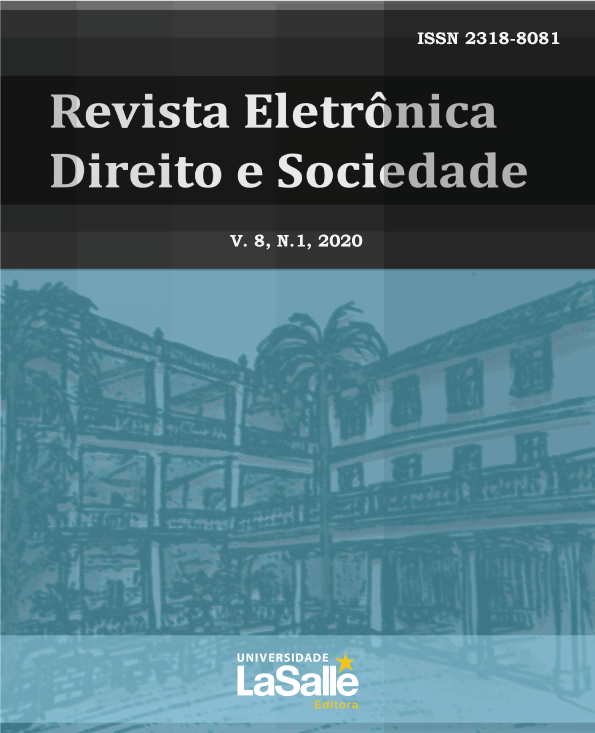The significance of Radbruch’s formula(s): some remarks on a still contemporary debate
DOI:
https://doi.org/10.18316/redes.v8i1.5100Keywords:
Radbruch’s Formula(s), Law and Morality, Concept of Law, Judicial Decision.Abstract
Radbruch’s Formula(s) is(are) an important landmark for the development of inquiries on Jurisprudence and the Philosophy of Law since the Second Post-War. Their content and reach are subject to remarkable debates in legal scholarship, in which Robert Alexy’s and Brian Bix’s readings are particularly notable. The first holds that the Formula(s) is(are), simultaneously, claims regarding the concept of Law and prescriptions to judicial decision-making. The latter advocates that the Formula(s) is(are) solely directed to decision-makers. Júlio Aguiar de Oliveira, after detailed scrutiny of these arguments, suggests a third interpretation, according to which the Formula(s) is(are) only conceptual claims. The present article, in this scenario, addresses the terms of this debate, departing from a panoramic analysis of the stakes of each argument, while emphasising their different (and irreconcilable) perspectives. It sustains, at last, that the context in which the Formula(s) was(were) first enunciated strongly corroborate Bix’s thesis, in the sense that it(they) is(are), at least primarily, prescriptions to judicial decision-making.
Downloads
Published
Issue
Section
License
Authors who submit their manuscripts for publication in the “REDES” Magazine agree to the following terms:
The authors claim to be aware that they retain copyright by giving “REDES” the right to publish.
The authors declare to be aware that the work submitted will be licensed under the Creative Commons Non-Commercial Attribution License which allows article sharing with acknowledgment of authorship and publication in this journal.
The authors declare to be aware that by virtue of the articles published in this journal have free public access.
The authors declare, under the penalty of the law, that the text is unpublished and original and that they are aware that plagiarism has been identified, plagiarized authors will be informed - willingly, to take legal action in the civil and criminal sphere - and, plagiarists will have their access to the magazine blocked.
The authors state that - in case of co-authoring - all contributed significantly to the research.
Authors are obliged to provide retractions and (or) corrections of errors in case of detection.
The authors are obliged not to publish the text submitted to “REDES” in another electronic journal (or not).
The Electronic Journal Law and Society - REDES - is licensed under a Creative Commons License. Attribution-NonCommercial 4.0 International.Based on work available at "http://revistas.unilasalle.edu.br/index.php/redes/about/submissions#copyrightNotice".
Permissions in addition to those granted under this license may be available at http://creativecommons.org/.

